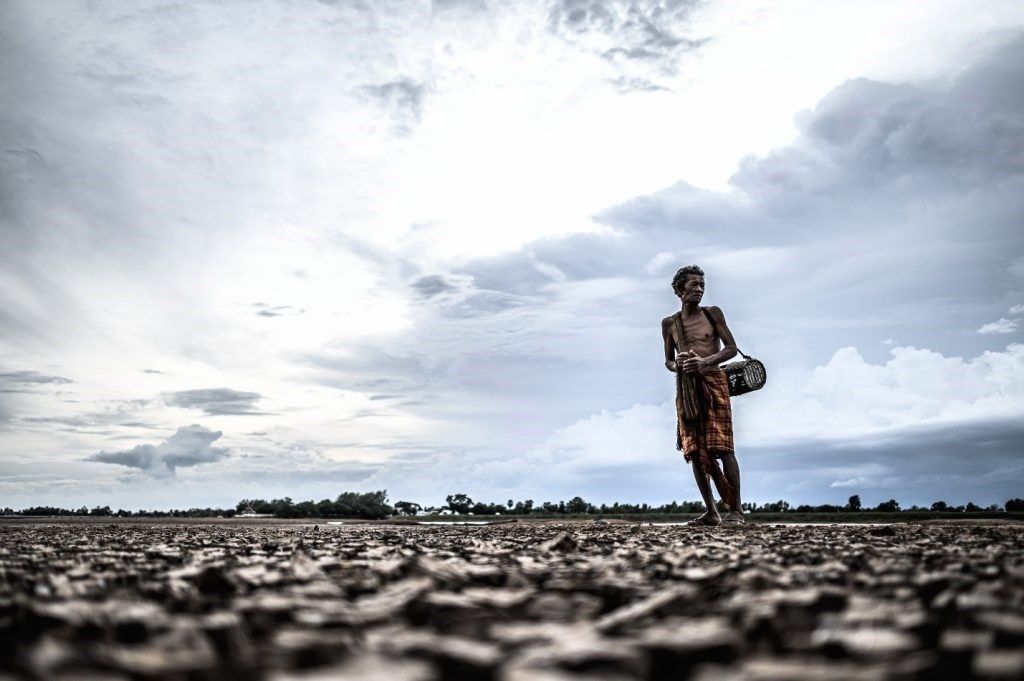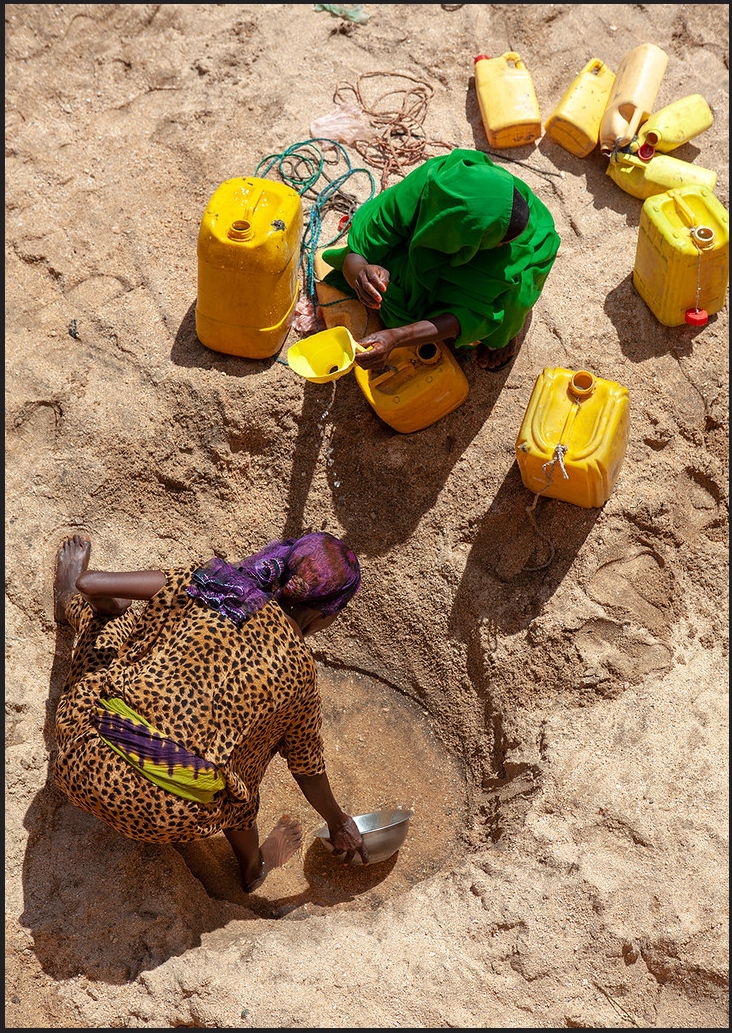REGIONS EFFECTED
Climate change is impacting key areas in East Africa, forcing communities to relocate due to severe droughts and resource shortages. In regions like the Horn of Africa, Turkana, and the Karamoja Cluster, these migrations increase health risks in overcrowded areas. Discover how HAHDO supports resilience and health in these affected communities.

The Horn of Africa
Droughts and Food Insecurity
The Horn of Africa, encompassing countries like Somalia, Ethiopia, and Kenya, is one of the regions most severely impacted by climate change. Recurrent droughts have led to widespread crop failures and livestock losses, pushing families to abandon their homes in search of food and water. This displacement often leads to overcrowded refugee camps with limited sanitation, increasing the risk of disease outbreaks.

Turkana Region, Kenya
The Turkana region in Northern Kenya is experiencing extreme heat and water shortages due to climate change, causing people to migrate to urban centers and neighboring regions. The rapid movement of people has led to the spread of diseases within and beyond the area.
Key Challenges
- Severe Drought and Famine: Water sources are drying up, forcing communities to travel long distances for water, which is impacting health.
- High Rates of Malaria and Cholera: The migration of people into more densely populated areas has increased the spread of diseases like malaria and cholera.
- Healthcare Access: Limited healthcare infrastructure in remote regions makes it difficult to treat diseases and prevent their spread.

Karamoja Cluster (Uganda, Kenya, South Sudan
Overview: The Karamoja Cluster, a cross-border region spanning Uganda, Kenya, and South Sudan, is highly affected by climate stressors. Pastoralist communities migrate in search of grazing land and water, creating crowded conditions that increase the spread of diseases.
Key Challenges
- Resource Conflict: Competition for scarce resources leads to conflict, complicating healthcare access.
- Tuberculosis and Waterborne Diseases: Cross-border migration has increased the spread of tuberculosis, cholera, and other diseases.
- Limited Infrastructure: The remote nature of this region makes it difficult to establish stable healthcare services.
JOIN OUR NEWSLETTER
We will get back to you as soon as possible
Please try again later

